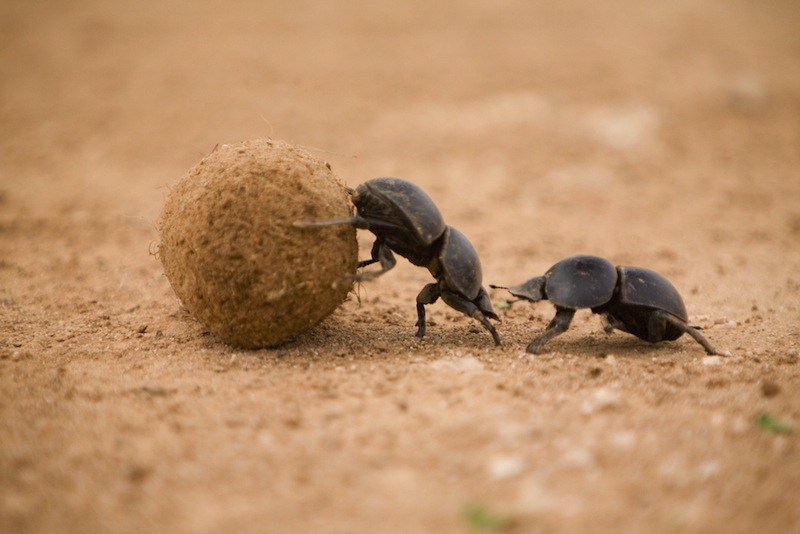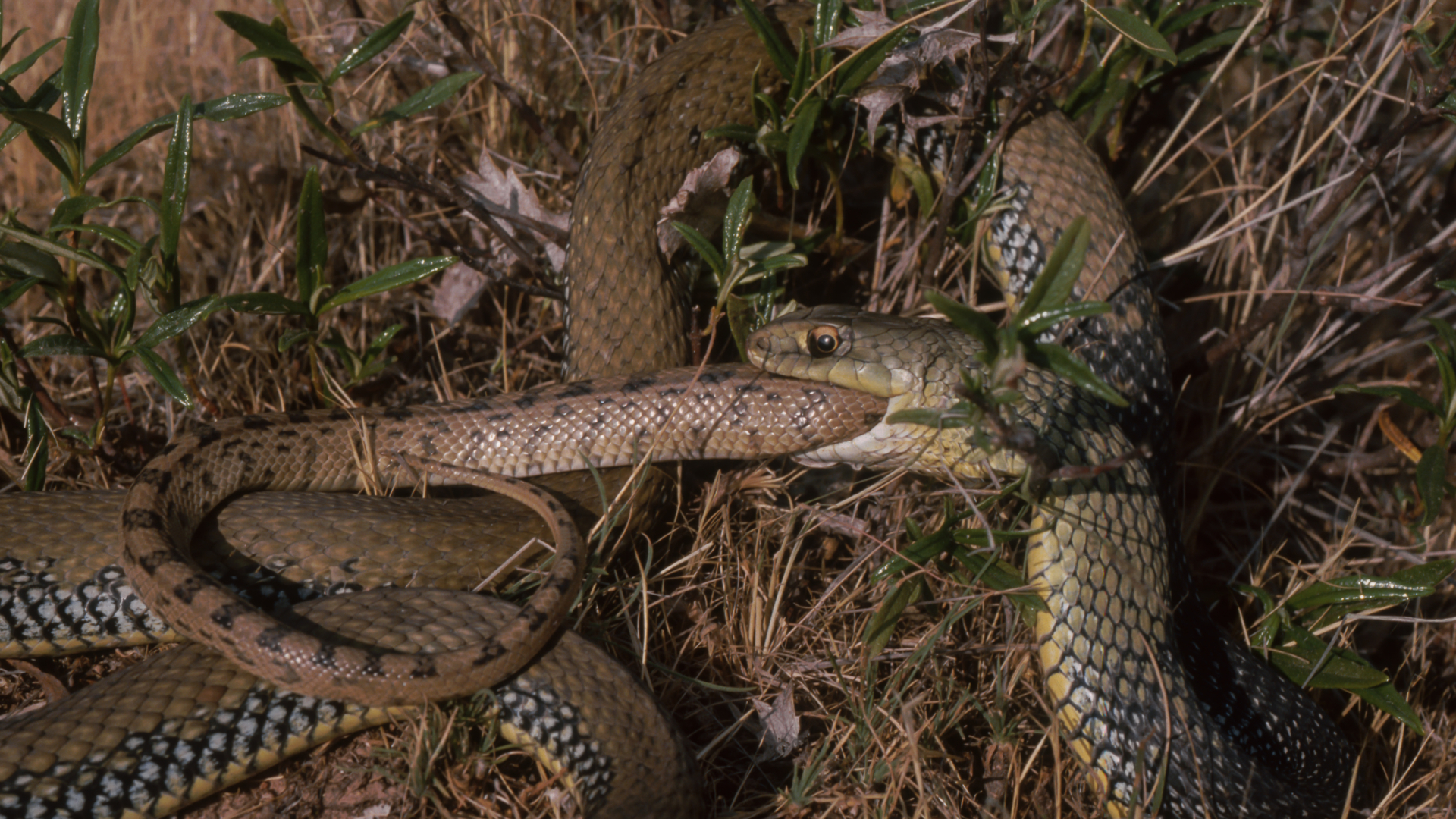Animal Sex: How Dung Beetles Do It

Get the world’s most fascinating discoveries delivered straight to your inbox.
You are now subscribed
Your newsletter sign-up was successful
Want to add more newsletters?

Delivered Daily
Daily Newsletter
Sign up for the latest discoveries, groundbreaking research and fascinating breakthroughs that impact you and the wider world direct to your inbox.

Once a week
Life's Little Mysteries
Feed your curiosity with an exclusive mystery every week, solved with science and delivered direct to your inbox before it's seen anywhere else.

Once a week
How It Works
Sign up to our free science & technology newsletter for your weekly fix of fascinating articles, quick quizzes, amazing images, and more

Delivered daily
Space.com Newsletter
Breaking space news, the latest updates on rocket launches, skywatching events and more!

Once a month
Watch This Space
Sign up to our monthly entertainment newsletter to keep up with all our coverage of the latest sci-fi and space movies, tv shows, games and books.

Once a week
Night Sky This Week
Discover this week's must-see night sky events, moon phases, and stunning astrophotos. Sign up for our skywatching newsletter and explore the universe with us!
Join the club
Get full access to premium articles, exclusive features and a growing list of member rewards.
Dung beetles are known for their rather unappetizing food choice: animal feces. But dung doesn't only provide sustenance for these insects; it also plays an integral part in their mating behaviors.
There are thousands of known dung beetle species, and these creatures live on every continent except Antarctica. Though each continent has its own specific genera and species of dung beetles, the insects fill the same ecological roles and niches in each landmass, said James Ridsdill-Smith, an entomologist at the University of Western Australia.
The timing of when dung beetles mate varies between species and environments. "In Africa, after the rainy season, you will get a short period of three to four weeks where the dung is completely full of dung beetles" that are intensely competing for mates and resources, Ridsdill-Smith told Live Science. [In Images: Dung Beetles Dance on Poop Balls]
And in Australia, the temperature and moisture associated with rainfall also brings out the dung beetles, but whether or not they actually breed depends on the nutritional quality of the dung. In this region of the world, dung is generally best (in the eyes of the beetles) for a period of about six to eight weeks in the spring, Ridsdill-Smith said, adding that the breeding period of dung beetles is generally short.
How the insects get down to business differs between the three types of dung beetles: tunnelers, rollers and dwellers.
In the tunneling species, a female will excavate a tunnel directly beneath a dung pile and pull in some food. A male will then go into the tunnel and stand guard, battling any other male that tries to get in with head-butts and shoves. Generally, the male with the biggest body and largest horns becomes king of the tunnel and gets to mate with the female.
However, some small, hornless males don't bother trying to outcompete their rivals — they instead wait at the tunnel's entrance or in a self-dug side tunnel and try to sneak past the burrow warden when he's not looking. Interestingly, these males have substantially larger testicles for their size, allowing them to produce more sperm and increase their chances of becoming fathers, despite their physical weakness.
Get the world’s most fascinating discoveries delivered straight to your inbox.
In either case, sex involves the male passing sperm packets to the female after inserting his sex organ, called an aedeagus, into the female's genital tract. The female will then lay fertilized eggs into the little "brood balls" made out of the collected dung.
Roller dung beetles don't dig tunnels. In these species, males take a gob of poo from the dung pile, form it into a ball and roll it away. If a female likes what she sees, she may hop on the dung ball and go for a ride. While the male is pushing his prize to an ideal spot, he will have to fend off other males trying to steal his treasure and mate by pushing and even tossing them away.
Once at a good spot, the pair will then bury the dung ball into soft soil (or, in some species, just leave it in a bed of vegetation), mate and lay an egg in the ball.
Dwellers take a lazier approach to reproduction than rollers and tunnelers, choosing to simply lay eggs in brood balls within or just below the fresh dung pile.
Importantly, each egg has its own brood ball. Some large species of dung beetles may only produce one or two offspring, while other species may produce dozens in a year. In some cases, females will even stick around to look after their brood. "Dung beetles have an enormous investment in reproduction," Ridsdill-Smith said.
Follow Joseph Castro on Twitter. Follow us @livescience, Facebook & Google+.

 Live Science Plus
Live Science Plus










